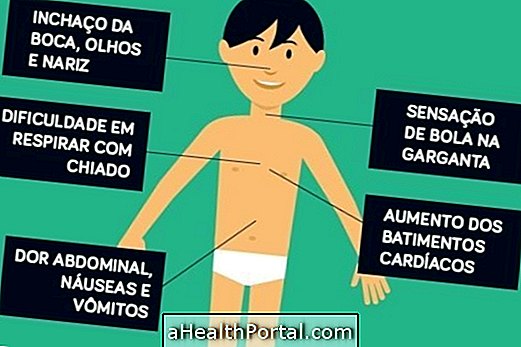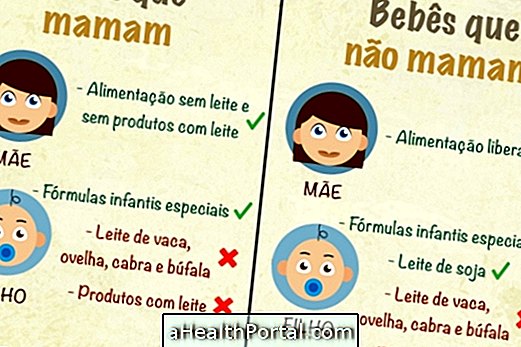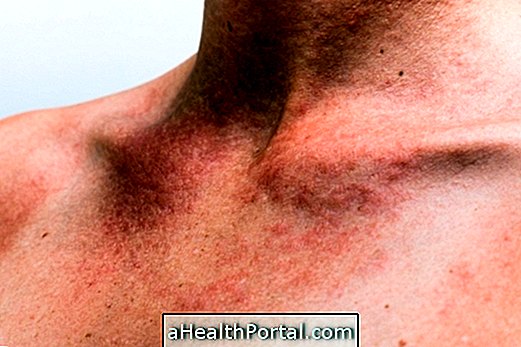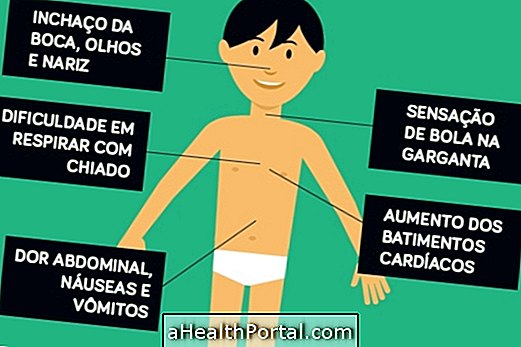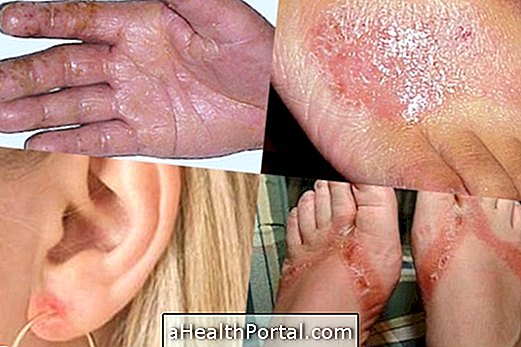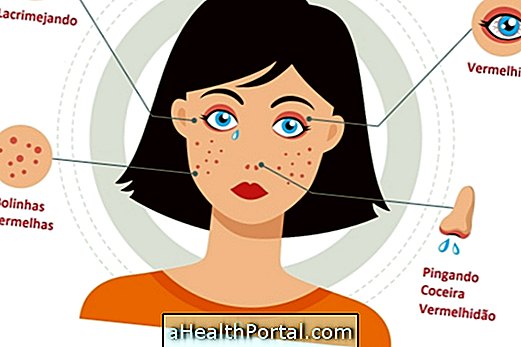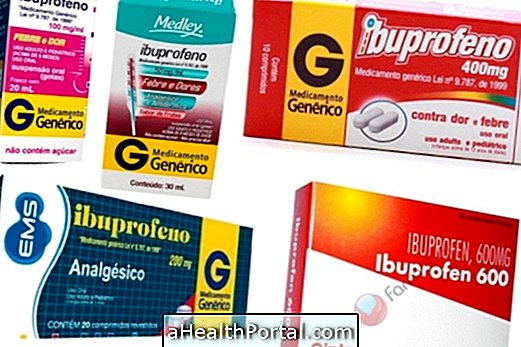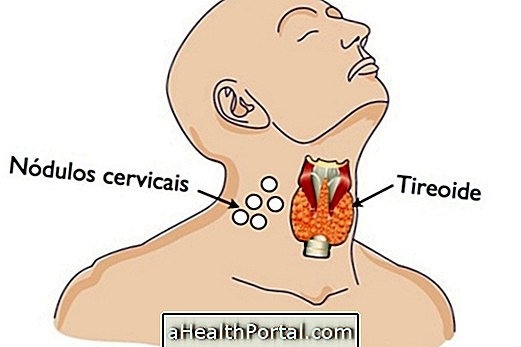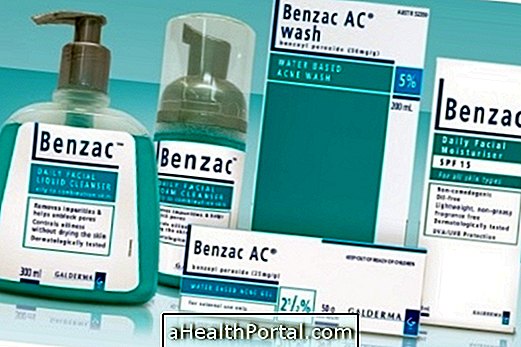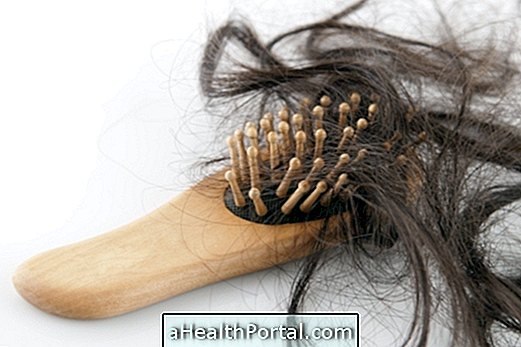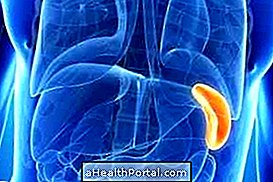Medications for allergic rhinitis should always be used under medical supervision. Check out what remedies can be used against allergic rhinitis.
Corticosteroids are anti-inflammatory injected into the nostrils once or twice a day, from one to two jets in each nostril. They are very effective in the treatment of rhinitis and do not bring many side effects. The most used in adults are:
- Mometasone
- Triamcinolone
- Budesonide
- Beclomethasone
- Fluticasone
For the treatment of rhinitis in adults, anticholinergics, which help decrease secretions, may also be used, with ipratropium bromide being a good option. In cases where the person does not respond satisfactorily to any of the referenced treatments, one may choose to use vaccines or surgery.

Remedies for Infantile Allergic Rhinitis
Medications for allergic rhinitis in children should be prescribed by the physician in order for the treatment to be appropriate to the age and severity of the symptoms. There are classic 1st generation antihistamines, which are absorbed quickly by the child's body when they are taken in syrups or tablets. They usually relieve symptoms in 30 minutes, but may cause drowsiness, making it difficult to concentrate and learn in school-age children. In some cases it is possible to observe agitation and insomnia. Are they:
- Diphenhydramine
- Dexchlorpheniramine
Non-classic 2nd generation antihistamines can only be purchased with a prescription and have the advantage of causing less sleepiness than classic antihistamines. Are they:
- Loratadina
- Cetirizine
- Desloratadine
- Fexofenadine
- Epinastine
- Azelastine
Also used are decongestants, indicated for the treatment of nasal obstruction, and nasal corticosteroids, which are anti-inflammatory indicated for children with severe and / or persistent symptoms of allergic rhinitis. Examples of nasal corticosteroids are:
- Mometasone
- Fluticasone
- Budesonide
- Triamcinolone
- Beclomethasone
In more severe cases of children with allergic rhinitis systemic corticosteroids are also used, when the nasal ones have not been successful. Doses and time of use should be limited by the risk of growth inhibition and behavioral changes. Using vaccines is a decision that is made after the failure of previous treatments. They, however, help to improve symptoms and prevent the progression of allergic rhinitis to asthma.
List of remedies for allergic rhinitis
There is a very wide variety of remedies for allergic rhinitis in adults. Medications are used for prolonged periods and treatment can be quite expensive. The remedies will control the symptoms, but factors such as age and possible side effects should be carefully examined by a physician.
Antihistamines are the most common and are aimed at relieving general symptoms, but have little effect on nasal obstruction. Ideally, it should be used prior to contact with the allergen. Are they:
| Anti-histamines that do not cause sleep | Antihistamines that cause sleep |
Loratadina | Clemastine |
Cetirizine | Dexchlorpheniramine |
|
Desloratadine | Promethazine |
Ebastine | Cyproheptadine |
Fexofenadine | --- |
Natural Remedies for Allergic Rhinitis
Natural remedies for allergic rhinitis are economic, simple and can be very effective in fighting the symptoms. The following instructions should be followed:
- Clean as much as possible the environment where you spend the day and sleep at night
- Wash the nostrils with saline solution or saline several times a day
- Make inhalations with propolis spray
- Steam bath with eucalyptus tea and salt every night before bed
It is important to always try to start treatment for allergic rhinitis by taking care of local hygiene, cleaning the nostrils and avoiding contact with allergens as much as possible. If these attempts fail, seek a doctor to indicate the best treatment so that the person can live with more quality of life.
Here's what you can do if you take medicine without a doctor's or pharmacist's advice: Taking medicine without medical advice can damage the liver.
